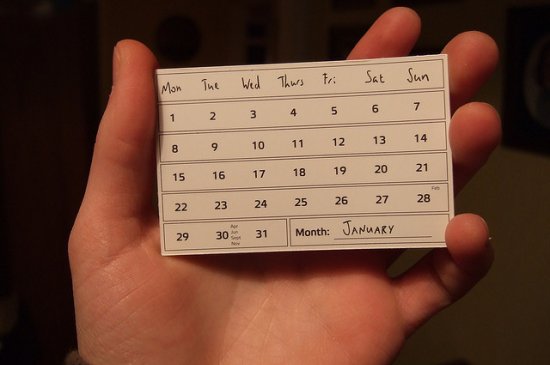
90 days prior to filing: You must live in the state where you intend to file bankruptcy for at least 90 days prior to the filing. If you haven't lived in a new state that long, you must wait or file in your old state. Also, you must not have taken out credit of $500 or more for luxury items within the three months prior to filing – if so, that debt likely won't be dischargeable.
70 days before filing: You must also not have taken a cash advance of $750 or more in the 70 days prior to filing. If you did, that debt likely won't be dischargeable.
Day of filing: You may have already come in for a prior consultation or it may all take place the same day. But, as of the day your attorney files your bankruptcy petition, an automatic stay kicks in which says that, by law, your creditors must cease all collection activities. As long as the automatic stay is in effect, no collections activity is allowed. You'll sign your petition and other documents at a session that take a couple of hours. You must also have a pre-bankruptcy credit counseling session. This can usually be done over the phone or computer while your attorney is preparing your documents.
ASAP after filing: You must also complete a post-filing debtor education course. This takes a few hours and can be done from your home. You will get a certificate for each of the required courses that must be presented to your Trustee and the court.
1-7 days after filing: In the few days to a week after your Chapter 7 petition is filed, the bankruptcy court sends out formal notification to all of your listed creditors that you have filed bankruptcy. During this time, the court will also assign a Trustee to your case.
15 days after filing: Supporting schedules associated with your petition are due at this point, but these are usually filed by your attorney along with your petition. You will also get a notice from the court saying your case has been received and commenced. This notice will include the date of your meeting of creditors and the creditor deadline to file objections to your case.
3 to 6 weeks after filing: Within this time frame, the court will hold your 341 Meeting of Creditors. You must give your Trustee your most recent tax return within seven days prior to this meeting. The creditors have 30 days to file any objections to your case.
30 days after filing: Prior to this date, your attorney must file a Statement of Intention that indicates if you want to keep assets that are collateral for debts such as the home associated with your mortgage and car associated with that loan. This statement says if you intend to reaffirm the debt and continue on with payments or redeem it by paying fair market value of the asset.
45 days after filing: Your attorney must file a statement on your behalf saying you received an explanation of the different bankruptcy chapters available and you will have to provide paycheck information, a monthly income statement and an estimate of any changes in income or expenses you expect over the next year. Your attorney will help you with all of this.
75 days after filing: If you have assets listed in your Statement of Intention that you planned to redeem or surrender, you must do so within 45 days of filing the Statement of Intention.
90 to 120 days after filing: Most bankruptcy cases receive a discharge within three to four months after filing. If creditors raise objections or your case is complicated, it may take longer.
